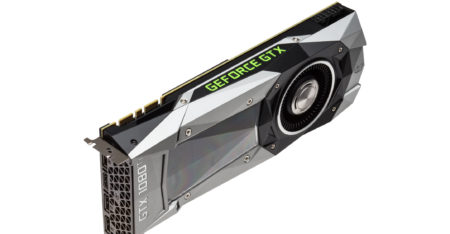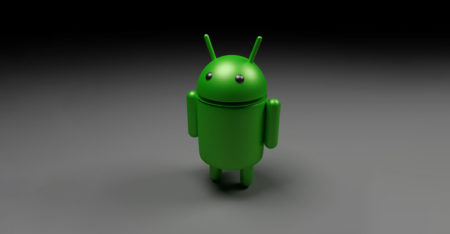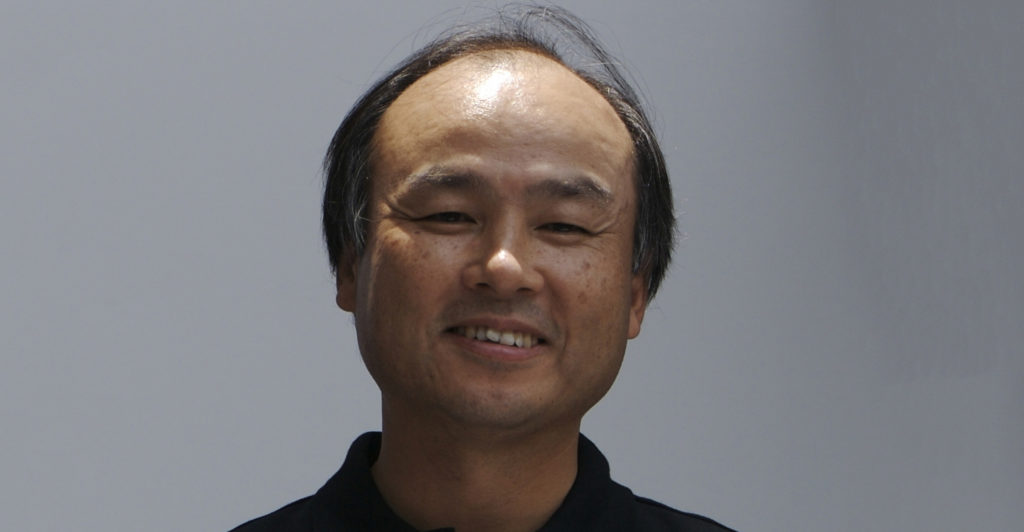Nvidia is in advanced talks to acquire ARM, the chip designer owned by SoftBank Group, according to people familiar with the matter.
Browsing: SoftBank
ARM, the semiconductor designer owned by SoftBank Group, is attracting takeover interest from graphics chip maker Nvidia, people with knowledge of the matter said.
ARM on Tuesday released new technology aimed at helping Android devices catch up to Apple’s iPhones for certain computing tasks such as videogames.
SoftBank Group told shareholders of WeWork that it could withdraw from an agreement to buy $3-billion of stock in the co-working business, casting doubt on a deal that had been set to close in about two weeks.
China’s ByteDance created one of the country’s rare global hits with the addictive video app TikTok. Now the US government is threatening that success as officials in Washington warn the service presents a security threat.
SoftBank’s bad year goes well beyond WeWork. Investors are starting to get the feeling that whatever Masayoshi Son brings to the public is troubled.
In a remarkable fall from grace, the office-sharing company that Adam Neumann co-founded in 2010, the one he promised would elevate the world’s consciousness, is no longer his.
WeWork is considering a bailout that will hand control of the co-working giant to SoftBank Group, according to a person familiar with the matter.
With the drama of a palace coup, some directors are considering a plan to encourage the brash co-founder of the once high-flying real estate start-up to step down as chief executive.
As WeWork continues its stumble to the public markets, some prognosticators see this moment as something more significant: that a WeWork belly-flop portends the end of the unicorn era in Silicon Valley.








